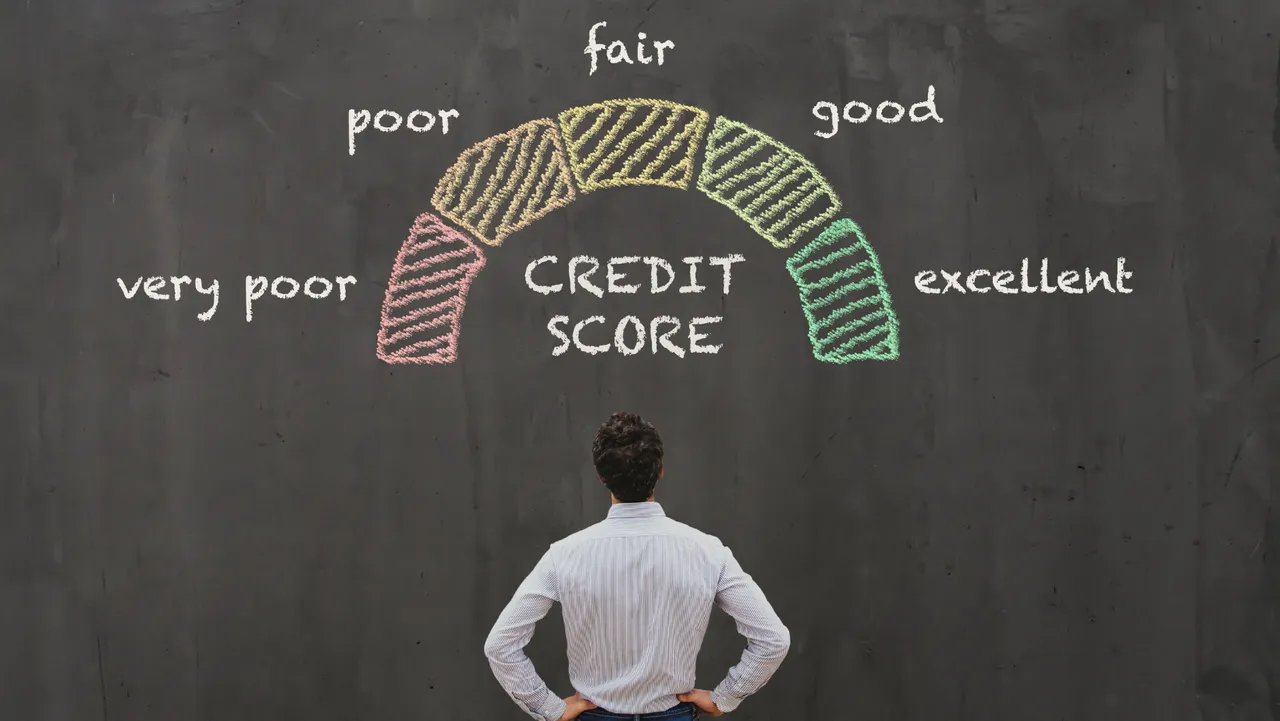In the current economic environment, more than ever before, millennials must begin building their credit history. As stated in numerous articles, most employers now check an applicant's credit score before hiring them. The following are some strategies to follow:

Source
Start at home
Starting with your own family can be beneficial. When you work within your family unit, there will not be any legal ramifications if something goes wrong. For example, it would not be advisable to open a credit card account in your parents' name or use their Social Security number unless they know what you are doing. If you do this, make sure they understand what you are doing and agree to it beforehand.
Don't put everything on plastic
Many students get carried away when they first start working by using debit cards instead of cash whenever possible. While it may be convenient to use debit cards because they don't have the same effect as carrying around large sums of money, this practice can lead to overspending and an eventual increase in debt.
One way to combat this is to limit how much you spend on your debit card so that you only spend what you have available. In addition, try to carry a small amount of cash with you at all times to keep yourself from spending money unnecessarily.
Borrowing wisely
Student loans are one option that many young adults choose to take advantage of. However, students should carefully consider which loan they choose before signing the paperwork. Federal student loans usually come with lower interest rates and better repayment plans compared to private loans.
Furthermore, federal student loans offer a variety of benefits such as income-based repayment options, deferment and forbearance plans, and cancellation programs. Although these features may sound great, it is important to remember that those who default on federal student loans may face wage garnishment and/or seizure of other assets.
Therefore, before taking out a federal student loan, students should read through the fine print of the terms and conditions. It is also important to remember that although federal student loans are helpful, they often require long periods to repay. The best advice is to avoid borrowing too much money because you could end up with a debt problem that might take decades to resolve.
Use your credit cards wisely
There is no better way to build a good credit score than using a credit card responsibly. Before applying for a new credit card, there are several things to consider. First, credit card companies generally charge an annual fee. Second, it is important to not apply for multiple cards at once because doing so can damage your credit score. Finally, always pay off your balance each month and never miss a payment. All of these factors will help improve your credit score.
Avoid Bad Credit
Unfortunately, bad credit can affect people at various points throughout their lives. According to a recent survey, about half of the people have experienced at least one negative mark on their credit report. This information highlights how important it is to monitor your credit score because a poor credit score can negatively impact a person's ability to secure a job, rent an apartment, or obtain a mortgage.
Fortunately, there are ways to protect your credit score. For example, consumers can request a free copy of their credit reports from each of the three major credit bureaus. Additionally, they can dispute incorrect items found on their credit reports.